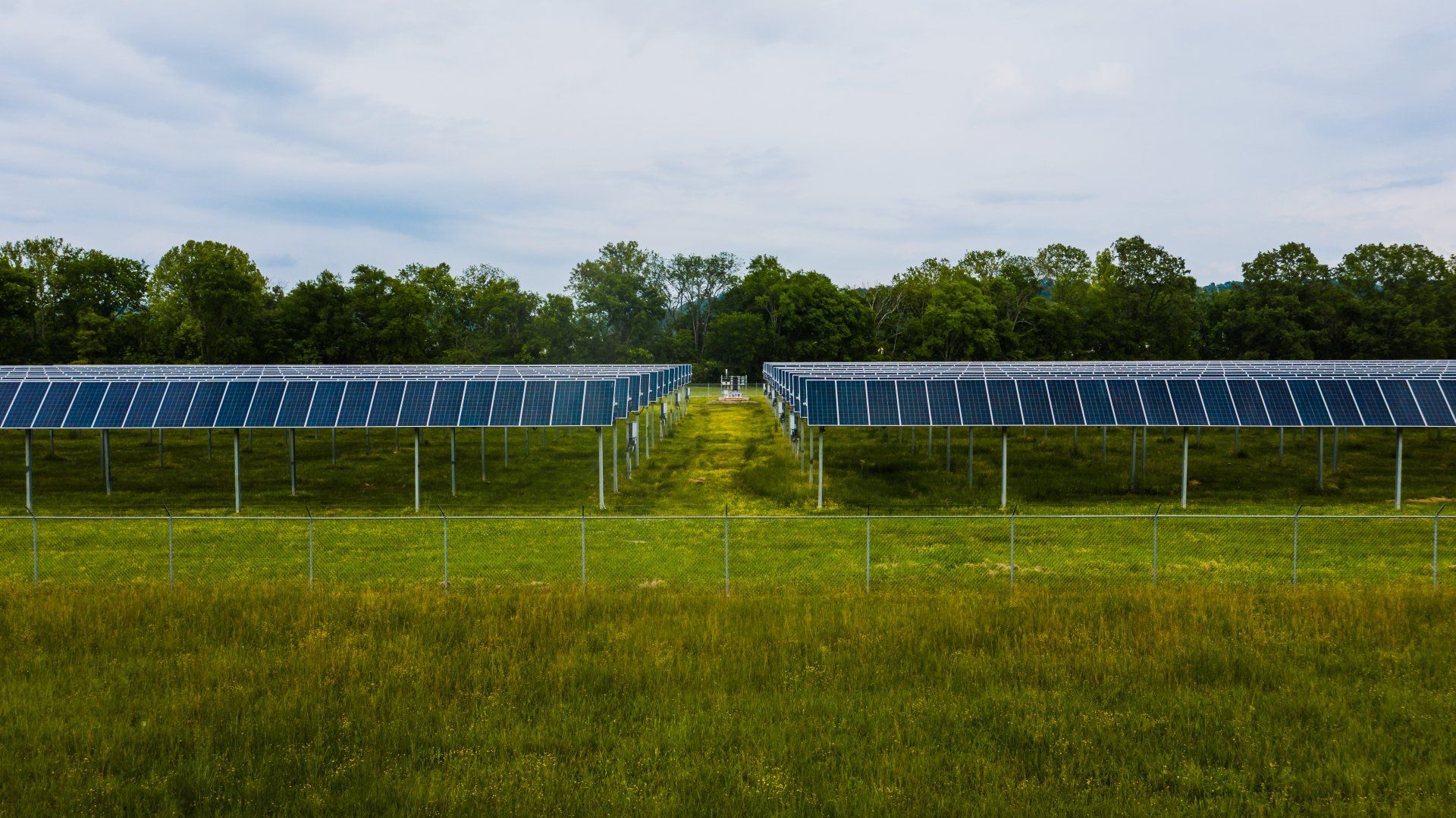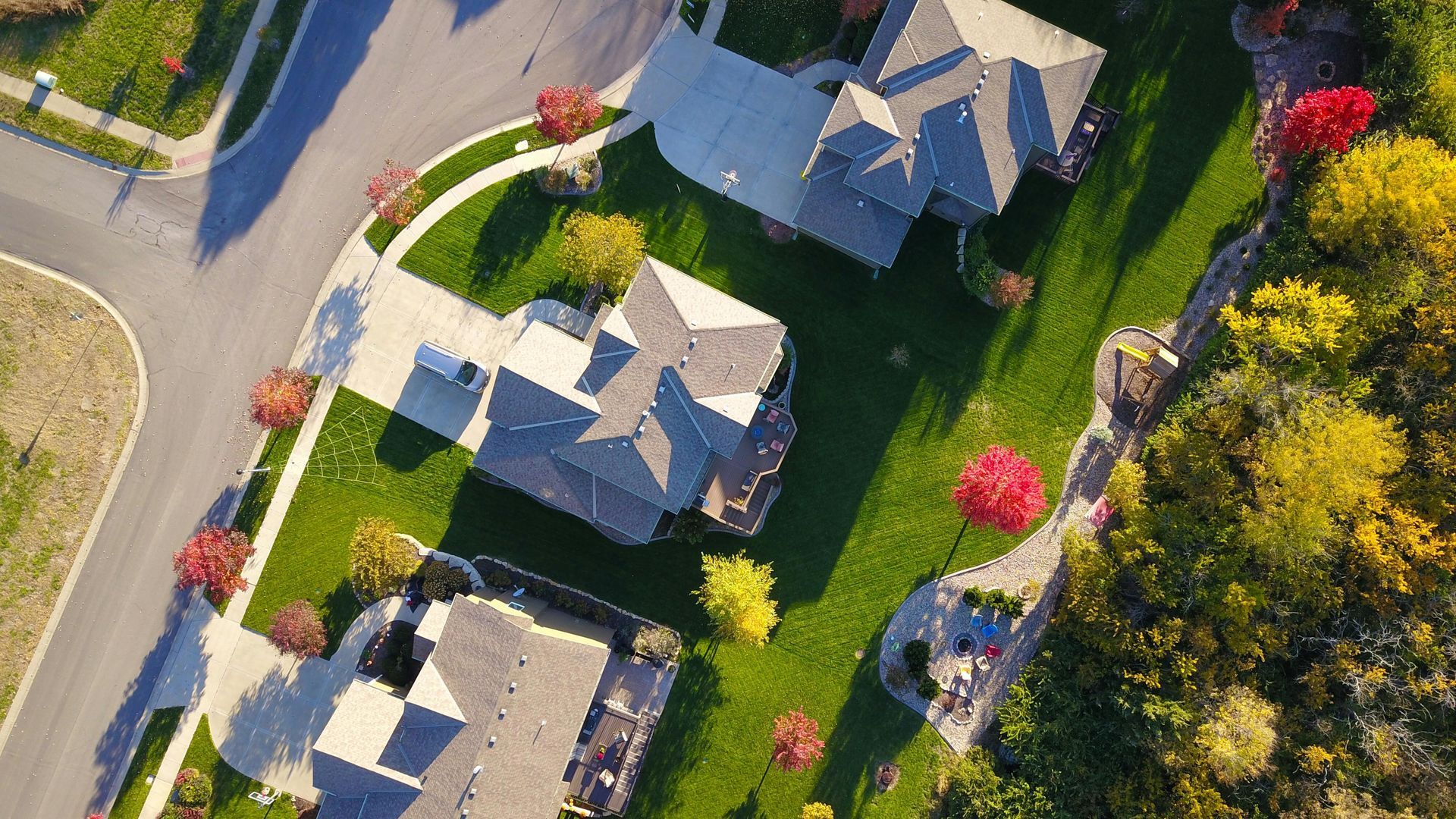Efficiency in Every Home: 5 Simple Ways to Save Energy and Cut Costs
Efficiency in Every Home: 5 Simple Ways to Save Energy and Cut Costs

As a seasoned Realtor with years of experience in the housing market, I've come to understand the significant impact that energy-efficient homes can have on both the environment and homeowners' wallets. In today's world, where sustainability is a growing concern, incorporating energy-saving measures into our homes is not only a responsible choice but also a smart financial decision. Here are five simple yet effective ways to save energy, supported by data and statistics, that can benefit both homeowners and the planet.
Upgrade to Energy-Efficient Appliances:
Statistics reveal that household appliances account for a significant portion of a home's energy consumption. Upgrading to Energy Star-rated appliances can result in substantial energy savings. For instance, Energy Star-certified refrigerators use 15% less energy than non-certified models, while washing machines use about 25% less energy and 45% less water. Over time, these savings accumulate, reducing utility bills and lessening the environmental impact.
Install Programmable Thermostats:
Heating and cooling systems often contribute to high energy bills. By installing programmable thermostats, homeowners can regulate temperatures more efficiently, saving both energy and money. The U.S. Department of Energy estimates that homeowners can save up to 10% per year on heating and cooling costs by using a programmable thermostat and adjusting temperatures when away from home or sleeping.
Seal Air Leaks and Insulate:
According to the Environmental Protection Agency (EPA), air leaks in a home can waste 10% to 30% of a home's energy. Proper insulation and sealing air leaks in windows, doors, and other areas can significantly reduce energy waste. For example, adding insulation to an attic can result in a 10% to 50% reduction in heating and cooling energy usage.
Switch to LED Lighting:
Lighting makes up about 10% to 15% of a home's energy usage. By replacing traditional incandescent bulbs with energy-efficient LED lighting, homeowners can achieve substantial energy savings. LEDs use up to 75% less energy and last 25 times longer than incandescent bulbs. The Department of Energy estimates that widespread LED use by 2027 could save about 348 TWh of electricity.
Utilize Smart Home Technology:
Incorporating smart home devices can optimize energy consumption. Smart thermostats, for instance, learn homeowners' habits and adjust temperatures, accordingly, leading to efficient energy use. Studies show that smart thermostats can save homeowners an average of 10% to 23% on heating and cooling costs.
Implementing these simple yet effective energy-saving techniques not only reduces utility bills but also minimizes greenhouse gas emissions and conserves valuable natural resources. As a Realtor, advocating for energy-efficient homes not only enhances property value but also promotes a sustainable future for homeowners and the planet.
In conclusion, making small adjustments in our homes can yield significant energy savings over time. Encouraging clients to prioritize energy efficiency when buying or selling a home not only benefits them financially but also contributes positively to our environment—a win-win situation for homeowners and the world at large.











